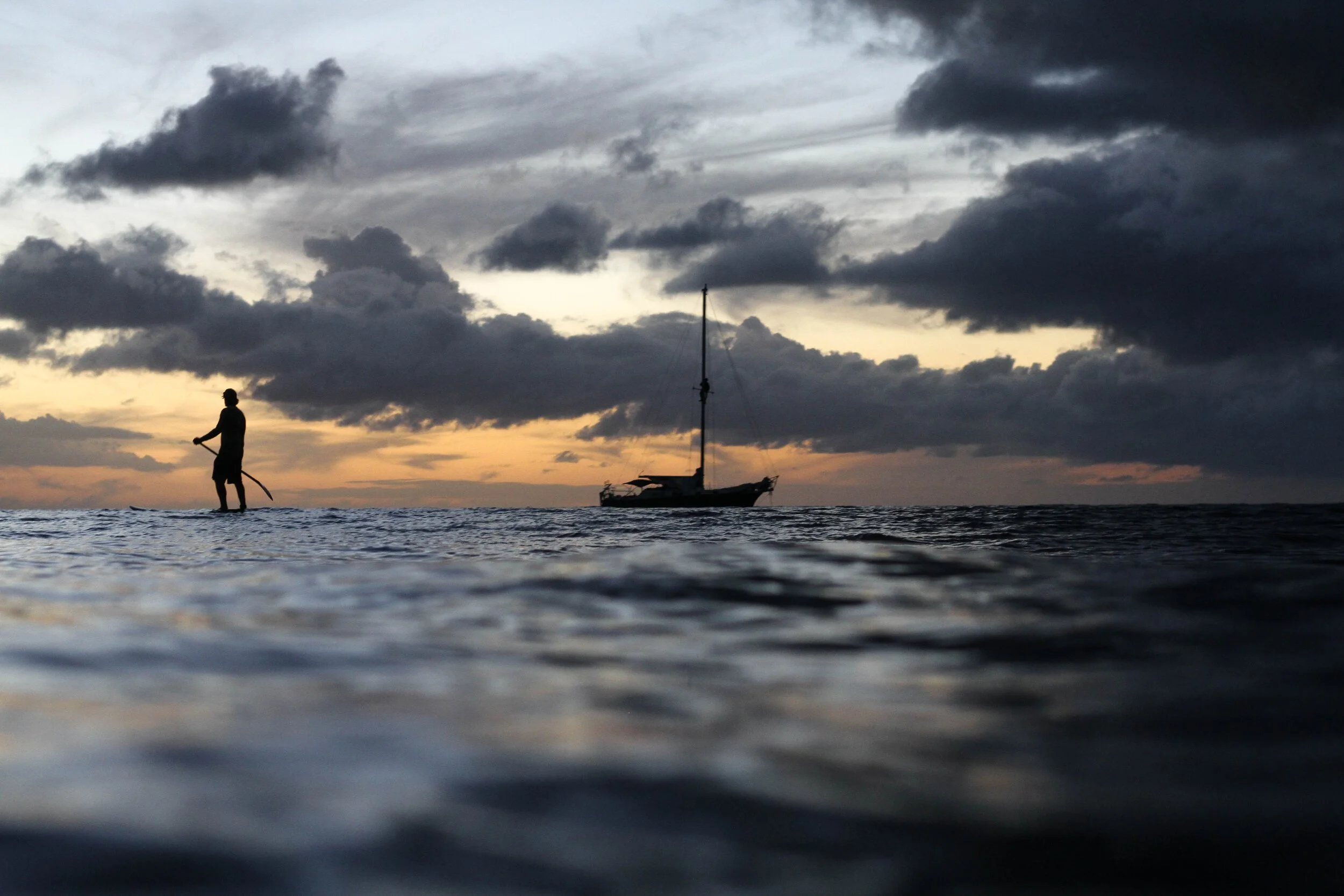[..] I greeted from a distance
my agenda,
well-distanced
from my torn projects
and like leaves in the wind
everything’s falling
on our faces.
[..] Your skin bronze
for the ardor of the great Sun,
ivy clings to the door of the houses
covers the window frame,
our heads
and our hands clenched
[..] the impetuous climb upon my body
took my breath away.
Without brakes
your lips
were now on the pubis
and now close to the two arisen peaks,
I scratch your back
[..] Powerful and irresistible, on your face
are the waves that overwhelm you; then suddenly
they pull back, leaving saline lips.
[..] I play amongst my fantasy
and hope, foolish,
and you talk,
you laugh and your lips invite
to renew a taste
always new
[..] Suddenly everything comes to life,
in the leaves of the hawthorn
I saw your cheeks,
almost glimpsing your face,
your hair,
in the hazel I saw your eyes
[..] rains unrelenting
over the ceiling,
on the window;
in all this water
drown your eyes.
O’ peace,
where have you gone?
[..] And you were naked before me, Ochún.
Your back arched, your breasts
poised, your waist so supple,
your mouth moist, can you see? You sing.
I admired you from behind the foliage,
but from the corner of your eye perhaps
you saw me because you dived
suddenly into the deep waters
[..] See? You fall and confuse,
your reality exceeds
my imagination
and you confuse my smiles,
my memories and all my
gestures
[..] Where are you, Poet?
Where do you dream? Where do you sing?
Have you and your lyrical lines
lost your path
and direction?
Closing airspace as a precautionary measure, as was done in Europe in 2022 due to a reentering Long March 5B rocket, reduces the risk of collision but carries economic consequences and further safety implications due to flight delays and rerouted traffic. Authorities face, therefore, a difficult dilemma: closing airspace helps prevent potential debris impacts, but it also disrupts aviation. With more than 2,300 rocket bodies currently in orbit expected to eventually reenter uncontrollably, airspace officials will likely have to navigate this challenge for decades to come.
The regulation and related standards will affect a huge range of companies along with their supply chains. In fact, according to the so-called "principle of double materiality", not only the impacts on the environment and people caused by the company's activities will have to be considered (as companies already did in compliance with the previous directive, the Non-Financial Directive[6]), but also the opposite: companies will have to report information on how the external environment, or people, impact their business, generating economic repercussions. In addition to this, information must be reported regarding the corporate sustainability strategy, consisting of programs, and related objectives, on sustainability issues that can then be assessed through specific metrics. This change marks the end of statements made solely for public relations purposes: maintaining an impeccable human rights record will be just as crucial as having a perfect balance sheet.
“[..] spacewalks. SpaceX is now the only private company that delivers humans to live and work in space, and NASA, the space agency of the United States, relies on it. Polaris Dawn is not a NASA mission, and it is not regulated by the US government. So, when its astronauts exit their capsule and ‘walk’ in space, it will mark a massive first for the private industry that is starting to dominate realms beyond Earth. And this raises a question: Is the US breaking a law regarding space operations?”
Last weekend, at 5:07 pm on December 10, 2023, China's SQX-2Y commercial reusable rocket completed its second test flight at the Jiuquan Satellite Launch Center in northwest China, marking the first reuse of a rocket story in China.
[..] Speaking of the potential of BRICS countries, the space aspect is often overlooked. In total, there are around 80 space agencies in the world, including all BRICS countries. However, only nine agencies are capable of producing space launchers, including Russia, India, and China. Only three states in the world have conducted human spaceflights: Russia, China, and the United States. Furthermore, these countries have or have had their own orbital stations.
As we can see, BRICS brings together not only members with high potential in the space industry but also space leaders.
[..] SpaceX's Starship spacecraft atop Super Heavy first stage booster is the tallest and most powerful rocket ever flown, with twice the thrust of the American-developed Saturn V launch vehicle in the 1960s, and even more powerful than the N1 /L3 conceived by the Soviets in the same period, whose first stage was the most powerful stage of a rocket ever flown for over 50 years, generating 45.4 MN of thrust. By comparison, SpaceX's Starship generated 75.9 MN thrust. Curiously, each of the four attempts to launch an N1 failed, with the second attempt resulting in the vehicle crashing onto the launch pad shortly after liftoff. Considering how SpaceX is considering a hole in its launch pad and not the entire destruction of its spaceport helps put into perspective the engineering difficulty of launching an integrated rocket of that size, and the success of having lifted off and flown a vehicle that reached an altitude that in fifty years no one had ever tried to pass or even reach.
It might seem exaggerated, even reverent at times, but considering the significant role that Bach's Well-Tempered Clavier has played in the musical education of keyboard instrumentalists. The preludes and fugues of the "Well-Tempered Clavier" encompass an entire cosmos of compositional elements and musical themes, representing an excellent metaphor for what unity in diversity signifies.
[..] Putting in space the *James Webb Space Telescope* will represent a huge paradigm shift for humanity, a great moment of introspection.
As the most widespread, anomalous, powerful, and formidable animal species the Earth has ever produced, we face enormous challenges, such as our relationship with Earth and contradictions. We look out into the cosmos with curiosity, hoping that other intelligent life forms exist.
However, on Earth, we have not always been alone.
[..] The first major mass extinction occurred 2.5 billion years ago. At the time, the Earth was a wasteland devoid of oxygen. The oceans were rich in dissolved iron, and anaerobic microorganisms (which evolved to resist and thrive in an oxygen-free environment) dominated the young Earth. We do not know exactly when the cyanobacteria arrived on the scene; however, cyanobacteria weren't that different from anaerobic microrganisms: they too produced energy from sunlight. Except that in the process of extracting energy, they released a waste gas: oxygen.
[..] The little girl called him "padroncino" (read, little master) because he had imposed his dominion over her identity and body. She used to striptease and dance naked in the bedroom of the man who combined in his sick person the role of the father, husband and lover—a story indeed of perversion and dehumanisation. When Oreste was close to death, Micia (aged 14) even thought of taking her own life. This story dates back to the early 1990s and it tells us how some stories and past sufferings can go on for a long time.
Space
In a interview to Elle, the crew highlighted their commitment to style and self-expression. Katy Perry stated, “Space is finally going to be glam,” and added, “We are going to put the ‘ass’ in astronaut.” Such remarks underscore a cultural shift from the ideological and pioneering spirit of early space exploration to a more consumer-driven, image-conscious approach characteristic of the "New Space" era—an arena in which the United States currently leads.
Closing airspace as a precautionary measure, as was done in Europe in 2022 due to a reentering Long March 5B rocket, reduces the risk of collision but carries economic consequences and further safety implications due to flight delays and rerouted traffic. Authorities face, therefore, a difficult dilemma: closing airspace helps prevent potential debris impacts, but it also disrupts aviation. With more than 2,300 rocket bodies currently in orbit expected to eventually reenter uncontrollably, airspace officials will likely have to navigate this challenge for decades to come.
The regulation and related standards will affect a huge range of companies along with their supply chains. In fact, according to the so-called "principle of double materiality", not only the impacts on the environment and people caused by the company's activities will have to be considered (as companies already did in compliance with the previous directive, the Non-Financial Directive[6]), but also the opposite: companies will have to report information on how the external environment, or people, impact their business, generating economic repercussions. In addition to this, information must be reported regarding the corporate sustainability strategy, consisting of programs, and related objectives, on sustainability issues that can then be assessed through specific metrics. This change marks the end of statements made solely for public relations purposes: maintaining an impeccable human rights record will be just as crucial as having a perfect balance sheet.
[..] Speaking of the potential of BRICS countries, the space aspect is often overlooked. In total, there are around 80 space agencies in the world, including all BRICS countries. However, only nine agencies are capable of producing space launchers, including Russia, India, and China. Only three states in the world have conducted human spaceflights: Russia, China, and the United States. Furthermore, these countries have or have had their own orbital stations.
As we can see, BRICS brings together not only members with high potential in the space industry but also space leaders.
[..] why, then, have the economically and strategically dominant Western nations failed to secure the worldwide denunciation of what is obviously a blatant breach of international law? The answer is simple: it may have less to do with Ukraine and more to do with America. There is fear and suspicion among the nations of the world of being drawn into another showdown between the United States and Russia. Kyiv may be the victim and Moscow the aggressor, but in the eyes of many, Washington is not entirely innocent in all of this. Having proclaimed itself the "policemen of the world", the United States is accused or seen interfering in the internal affairs of other states under various pretexts, including in Russia and China. In addition, Western countries with American traction are accused of double standards when it comes to aggression, occupation and violations of international law: one rule for allies and another for the rest of the world, just as it was during the Cold War. That war might have been cold in the north, but it was burning in the Global South, where Moscow and Washington engaged in proxy conflicts to further their interests, regardless of the human cost.
Someone could accuse me of cruelty but assuming that most Africans come regularly and just a very small number come irregularly, in which an even smaller group meets the requirements of asylum seekers, why should Italy "welcome" those who have no right to stay in the country? And why should Europe do something and there is never a discussion on what those African states should do or already do for those who are their citizens?
Today, many countries in the rest of the world are growing in terms of well-being and economic activity. This seriously undermines the current order, highlighting the weakest aspect of this system: most of humanity does not live in the West, and the resources of the planet are scarce. Maintaining such uncontrolled and omnivorous consumption that does not respect the biosphere's natural ability to reproduce the resources we need is the real dilemma of our century. [..] The clash between the United States and China highlights precisely this problem that neither country is able to solve alone. Indeed, the conflict is zero-sum: it does not benefit anyone.
[..] Italy has mobilised its armed forces against a friend-state; made available the air bases of Trapani, Sigonella, Gioia del Colle, Capodichino, Decimomannu, Aviano, Pantelleria; unleashing together with other states a military power that annihilated a state and its political and administrative order at the modest price of 700 million euros. An account divided by all Italian taxpayers. Not only was the one-sided disproportionate use of force unfair, but the way it was conducted has exceeded all limits and makes any justification extremely difficult.
During the reign of Suna (the king who preceded Mutesa) he was visited by some Arabs: Medi Abraham (trader from Zamzibar). Kyera, Amulain, Mina, Katukula Mungazik and ZIgeya Mubulusi. Of these, he liked Medi Abraham best, and gave him many presents such as ivory, women and slaves.

























